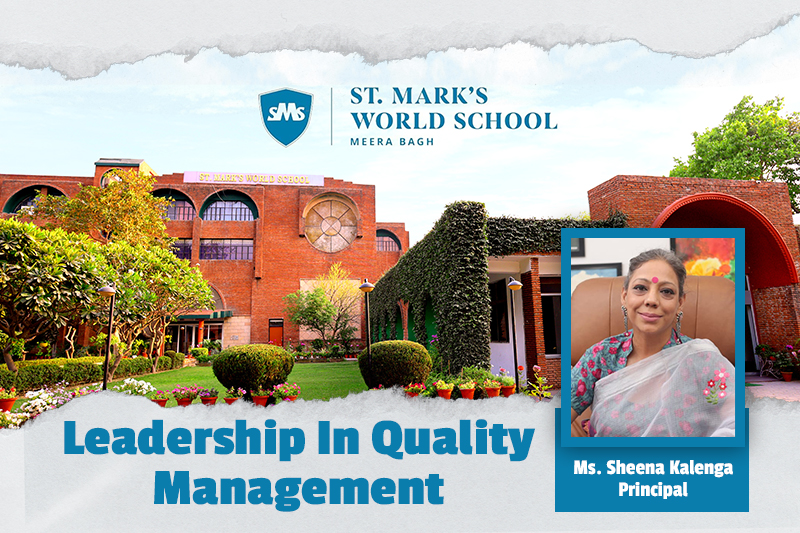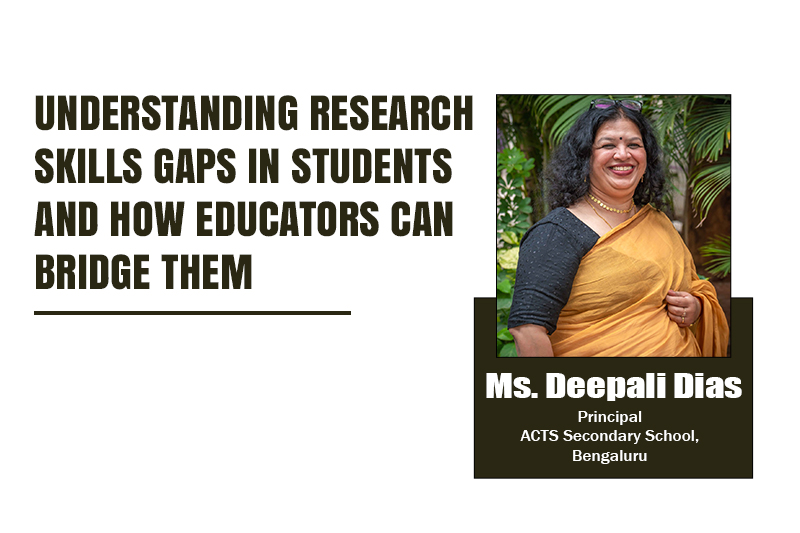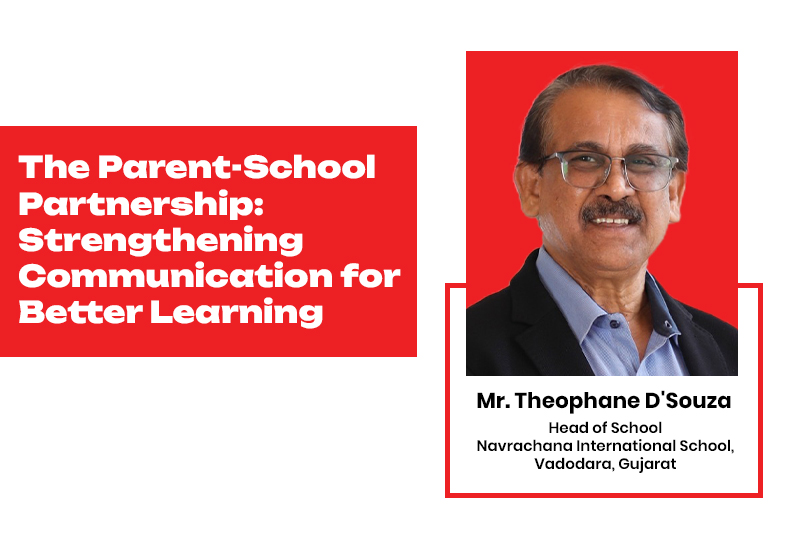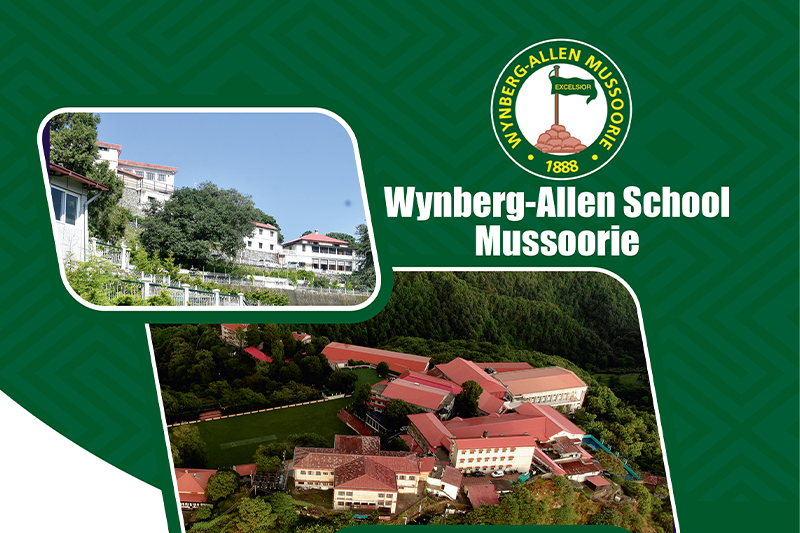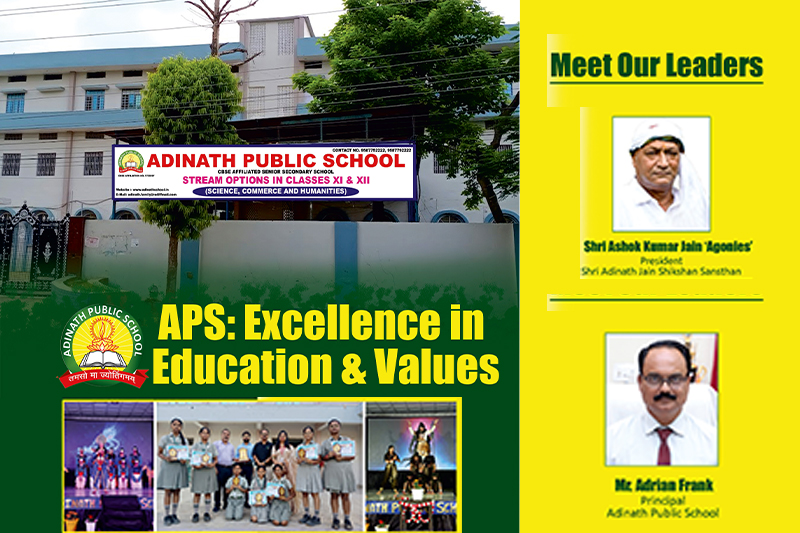St. Mark’s World School: Quality Management & Leadership by Principal Ms. Sheena Kalenga
In the dynamic realm of education, quality is often discussed, occasionally implemented, but rarely lived every single day. At St. Mark’s World School, however, it is more than a goal—it’s a culture. A quiet, consistent, and deliberate force that shapes every interaction, every lesson, and every decision. At the helm of this transformative journey is Principal Ms. Sheena Kalenga, whose visionary leadership brings both clarity and compassion to the process of quality management in education.
A Culture of Intentional Excellence
For St. Mark’s World School, academic excellence is not a byproduct—it is a conscious outcome of structured thought and systemic care. What distinguishes this institution from the rest is how quality is internalized by every stakeholder. It’s not confined to audits or performance metrics; it is embedded in the daily rhythm of school life.
Whether it's the planning of academic calendars with precision or the seamless coordination between departments, the institution operates like a synchronized whole. Here, quality isn’t a separate unit—it is the very DNA of the school. Teachers, students, administrators, and even parents are active contributors to this ecosystem, reinforcing a shared vision of excellence.
Leadership That Listens, Learns, and Leads
Central to this holistic approach is Ms. Sheena Kalenga, whose leadership redefines conventional boundaries. With a fine balance of foresight and empathy, she cultivates an environment where quality management is not imposed—it’s inspired.
What sets Ms. Kalenga apart is her ability to lead with strategic precision and emotional intelligence. Under her stewardship, routine school reviews transform into reflective conversations. These aren’t mere checklists; they are thoughtful explorations aimed at growth and refinement.
Her long-term vision for education quality improvement is matched by a commitment to agility—constantly adapting strategies based on real-time feedback and evolving needs. The result is a school that does not just meet standards, but continuously redefines them.
Empowering Educators Through Professional Learning
At the heart of St. Mark’s World School is its dedicated teaching community. But teachers here are not just knowledge providers—they are thinkers, collaborators, and change agents. Professional development is not a one-time event, but a continuous journey.
Curated training modules are designed to be relevant, research-driven, and reflective of classroom realities. The feedback culture is equally robust—timely, constructive, and rooted in mutual growth. Teachers are encouraged to take initiative, experiment with pedagogy, and co-create new learning experiences. This sustained investment in professional learning in education ensures that instructional quality remains dynamic and future-ready.
Centering Student Voice and Agency
While many institutions talk about student engagement, St. Mark’s practices it with authenticity. Student involvement is seen not as a symbolic gesture but as a vital mechanism of insight. Learners here are not passive recipients—they are partners in their own education.
From offering feedback on teaching practices to shaping co-curricular initiatives, students actively contribute to school development. Their lived experiences serve as real-time indicators of educational impact, helping staff and management recalibrate approaches when needed. This inclusive mindset creates a nurturing environment where students feel seen, heard, and empowered.
Infrastructure Built for the Future
The same philosophy extends to the school’s infrastructure and resource planning. Every investment—whether in technology, pedagogy, or space—is assessed for its long-term relevance and sustainability. Systems are designed to be robust yet responsive, allowing for adaptability without compromising coherence.
Digital integration, green spaces, and collaborative classrooms are not just trends—they are part of a broader strategy to foster meaningful learning environments. The school’s infrastructure mirrors its values: forward-thinking, inclusive, and human-centric.
Strategic Alignment with Human-Centric Leadership
Ms. Kalenga’s leadership thrives on aligning vision with execution. Her ability to foster collaboration, build trust, and inspire action has cultivated a school culture where ownership is distributed, and accountability is shared. This creates a ripple effect—teachers feel supported, students feel motivated, and systems operate with integrity.
Her communication is transparent, her methods inclusive, and her decisions driven by long-term impact rather than short-term optics. In her leadership, we witness the rare blend of structure and soul, making her a leading figure in sustainable school systems and a beacon of leadership in education.
Quality as a Living Legacy
At St. Mark’s World School, quality management transcends compliance. It becomes a mindset—a way of thinking, doing, and being. Ms. Sheena Kalenga’s approach reminds us that excellence is not static; it is a journey. And that journey becomes remarkable when everyone walks it together with purpose.
What this school represents is more than just good governance or strong academics. It is a living model of education excellence, where systems serve people, and people uplift systems. It’s a place where students thrive, educators evolve, and leadership inspires.
In Conclusion
St. Mark’s World School under the visionary leadership of Ms. Sheena Kalenga exemplifies what it means to manage a school not just efficiently, but meaningfully. From aligning operations with purpose to fostering a culture of collaboration and continuous growth, the school is a shining example of what 21st-century education should look like.
In a world where institutions often chase accolades, St. Mark’s chooses to build a legacy—quietly, consistently, and courageously. And at its heart is a principal who proves that when leadership is aligned with values, quality becomes not just an outcome, but a way of life.

